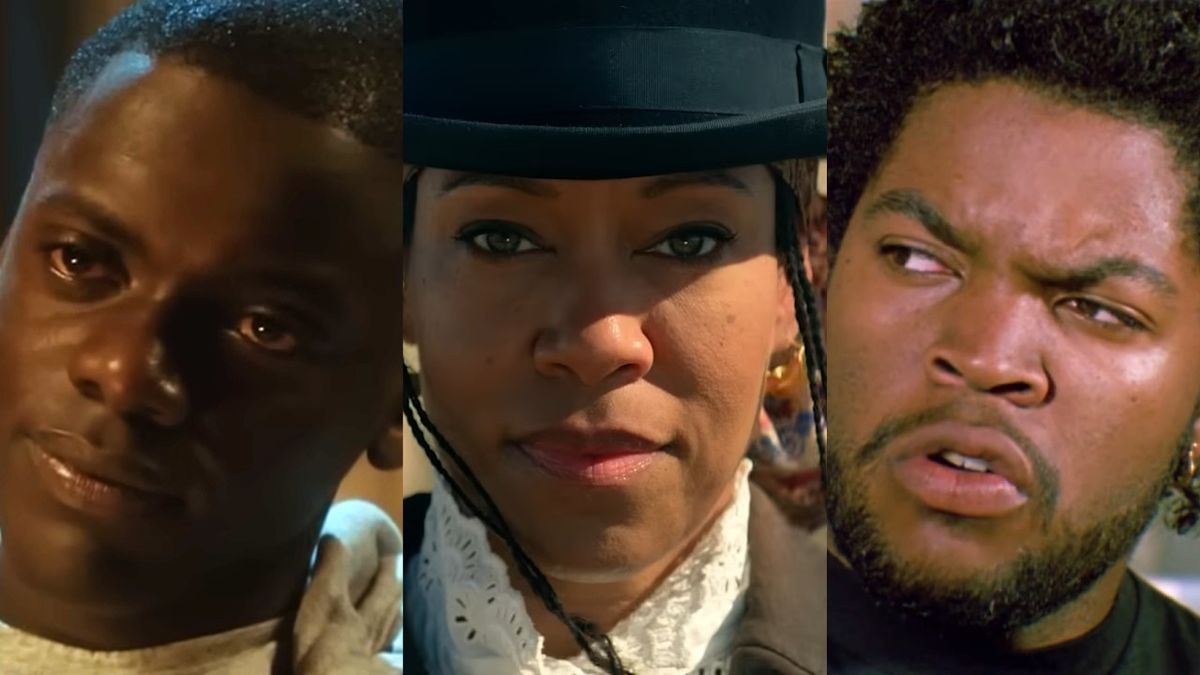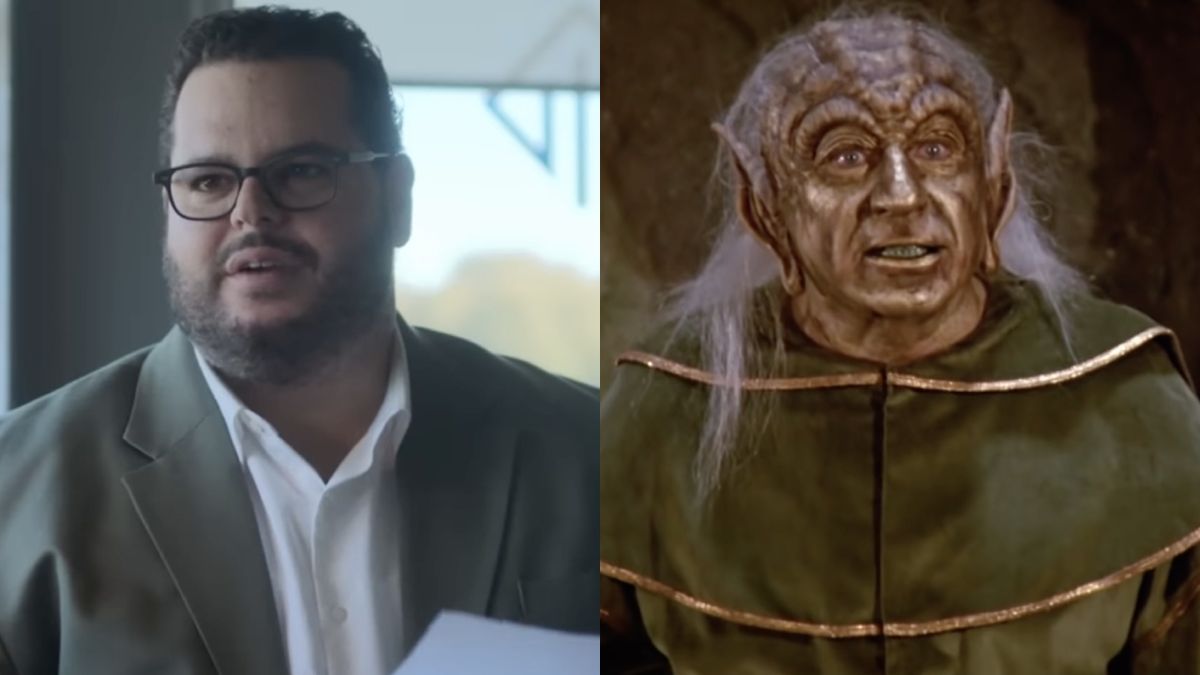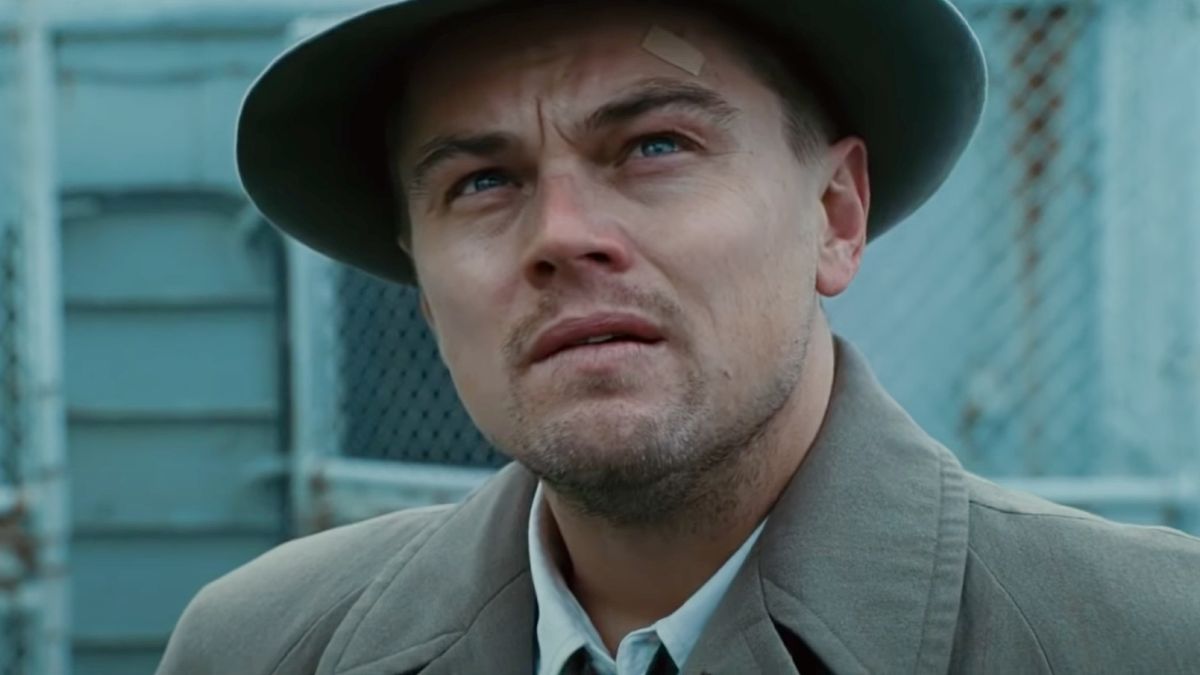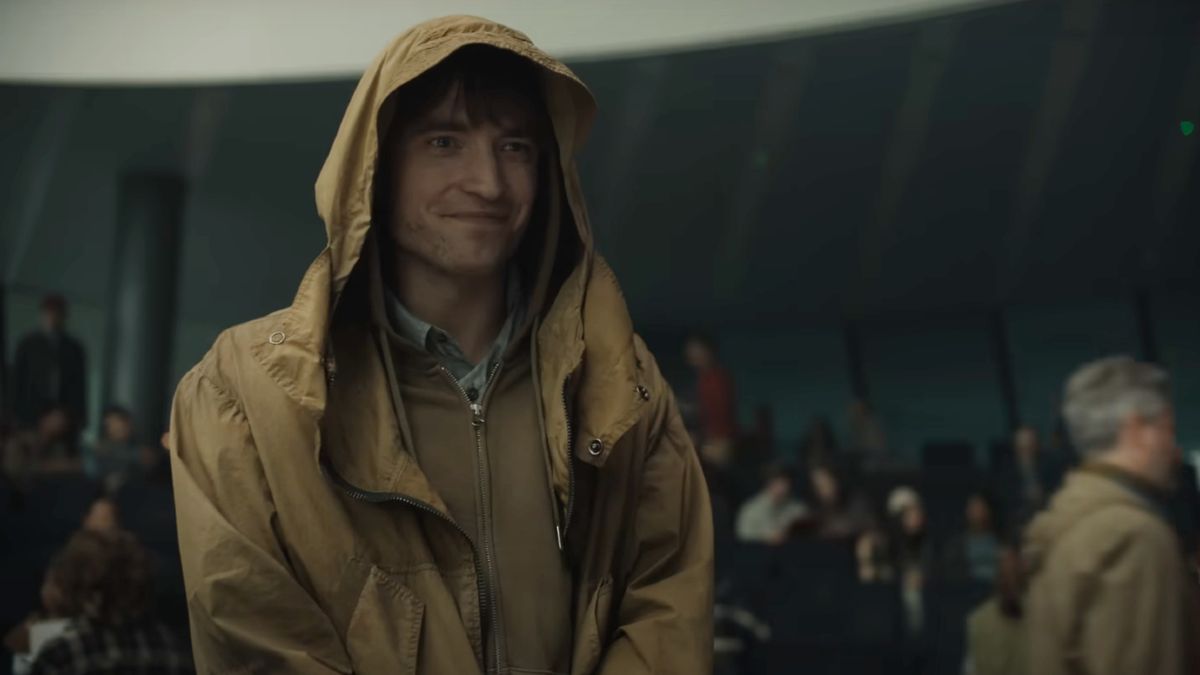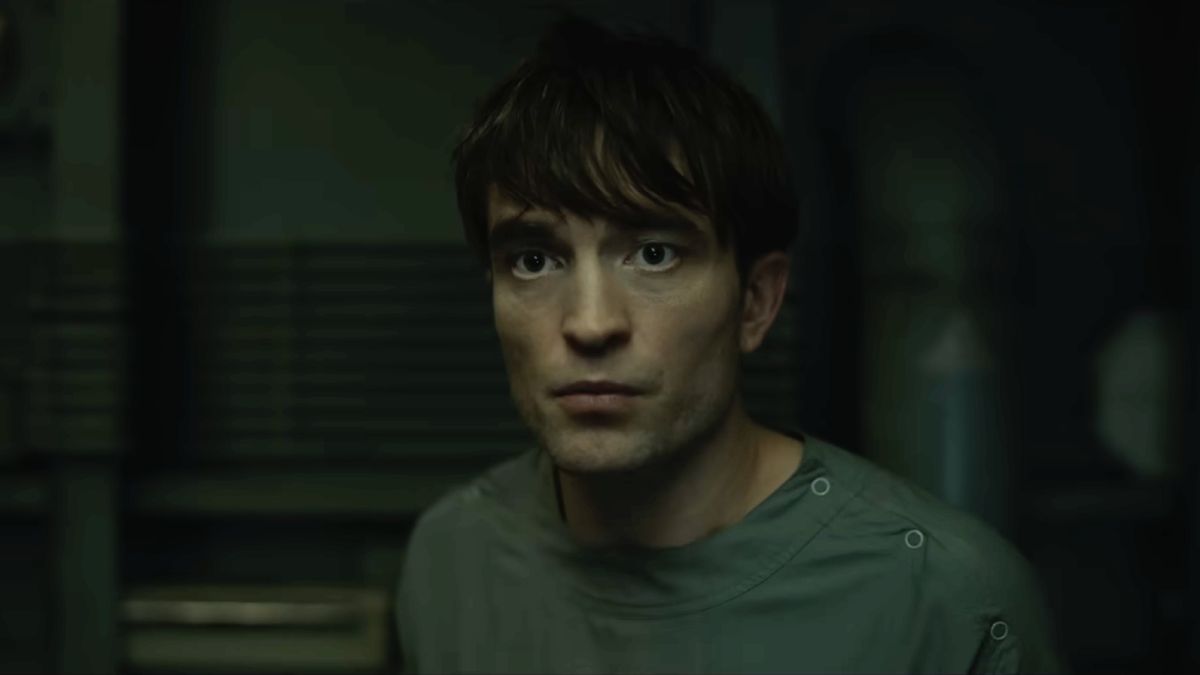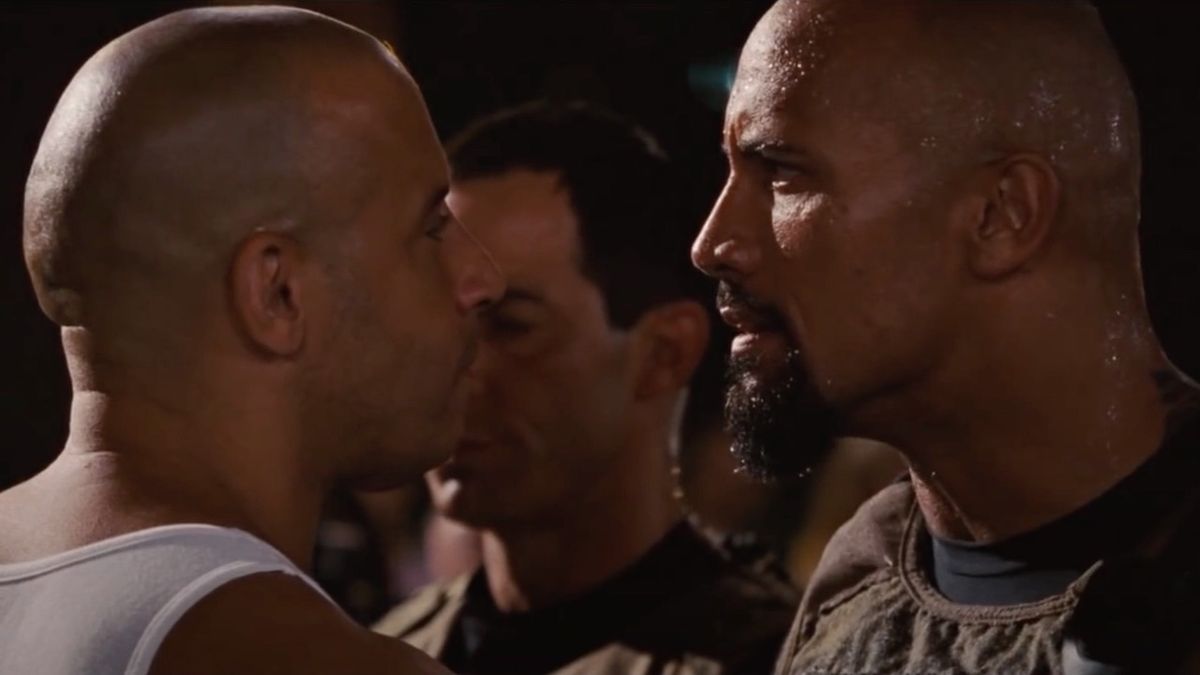8 Debut Films By Black Directors That Knocked It Out Of The Park
Cinema history has incredible debut films by legendary and iconic filmmakers, including Sam Mendes’ American Beauty, George Miller’s Mad Max, Orson Welles’ Citizen Kane, and George Romero’s Night of the Living Dead. However, Black directors aren’t mentioned among these names often, though Spike Lee’s She’s Gotta Have It, Mario Van Peebles’s New Jack City and Malcolm D. Lee’s The Best Man are a few classic Black filmmaker debuts.
So, here are eight fantastic debut films by Black directors who knocked it out of the park.
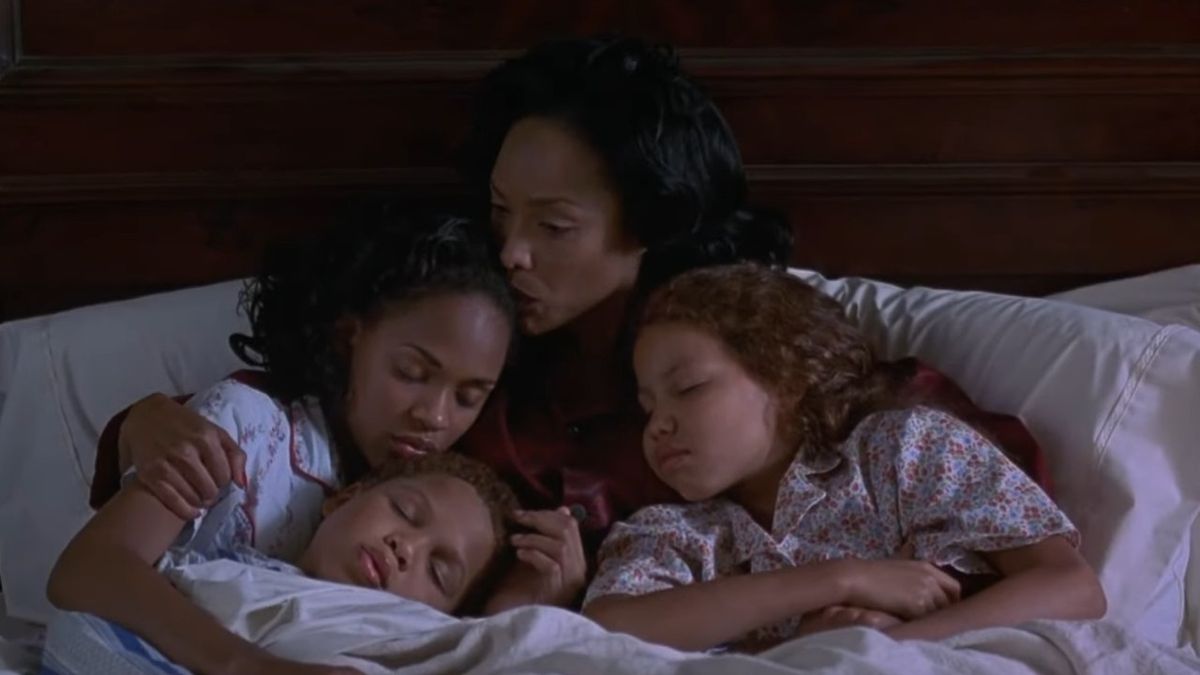
Kasi Lemmons – Eve’s Bayou (1997)
Eve’s Bayou is a genre-bending horror classic that became a critical and commercial success, placing high on multiple greatest films lists, including one of the best Black horror movies. It and Lemmons became festival favorites while scoring recognition from the National Board of Review, the Independent Spirit Awards and more.
Hollywood rarely gives Black female filmmakers many chances to direct and knock it out of the park. However, actress-turned-director Kasi Lemmons proved the naysayers wrong with the 1997 horror film. The Southern Gothic drama became one of the most successful independent films.
The movie drew from Lemmons’ childhood trips to Louisiana while incorporating her complicated upbringing. These aspects formed an intricate and intriguing story about Eve Batiste and her wealthy family’s life of trauma, tragedy, and lies in 1960s Louisiana. Lemmons offered a new dimension to the horror genre by integrating family drama and Black spirituality and mysticism.
Before her directorial debut, the Caveman’s Valentine director had done one short film. That and Lemmons’ acting career were an excellent training ground as the feature showcased snappy direction and genre-bending writing. Her Hollywood and theatre days worked in her favor as Debbi Morgan, Samuel L. Jackson, and Lynn Whitfield played significant roles, and she got outstanding performances from Meagan Good, Jurnee Smollett, Diahann Carroll and Ethel Ayler.
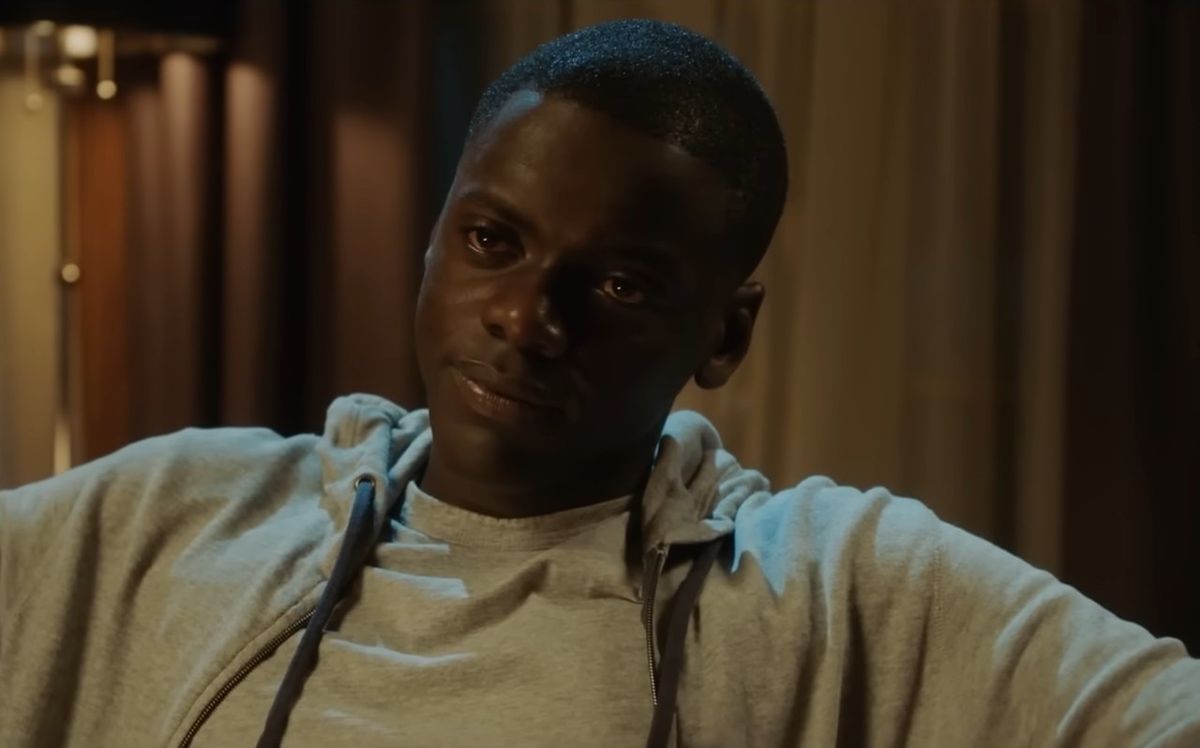
Jordan Peele – Get Out (2017)
Some directors can hop from genre to genre without much error, and Jordan Peele’s debut let us know he’s able to do the same. Going from outlandish comedies to psychological horror proved the right move, as he released one of the best films from the 21st century, 2017’s Get Out.
Peele wrote and produced film and TV comedies before directing the Oscar-winning film. The first-time filmmaker used his personal experiences and the 1975 movie, Stepford Wives, to craft a screenplay filled with racial and social commentary. He saw the parallels between comedy and horror by telling the story of a young Black man meeting his white partner’s family while uncovering astonishing and nefarious secrets.
Peele’s directorial debut used his prior work to inform the psychological horror’s sharp, satirical writing and brilliant layered direction. This approach led to an excellent first film by a great director. Outstanding performances from Daniel Kaluuya, LaKeith Stanfield, and more only solidified his brilliance.
The modern-day masterpiece became a critical and commercial success despite its small budget. It spawned a pop culture phenomenon and was an awards-season darling. Both Peele and the film scored award recognition from Critics’ Choice, National Board of Review, Independent Spirit, NAACP Image, DGA, and WGA awards. The Us filmmaker became the first Black director to score Oscar nominations for Best Picture, Director, and Original Screenplay (winning the latter).
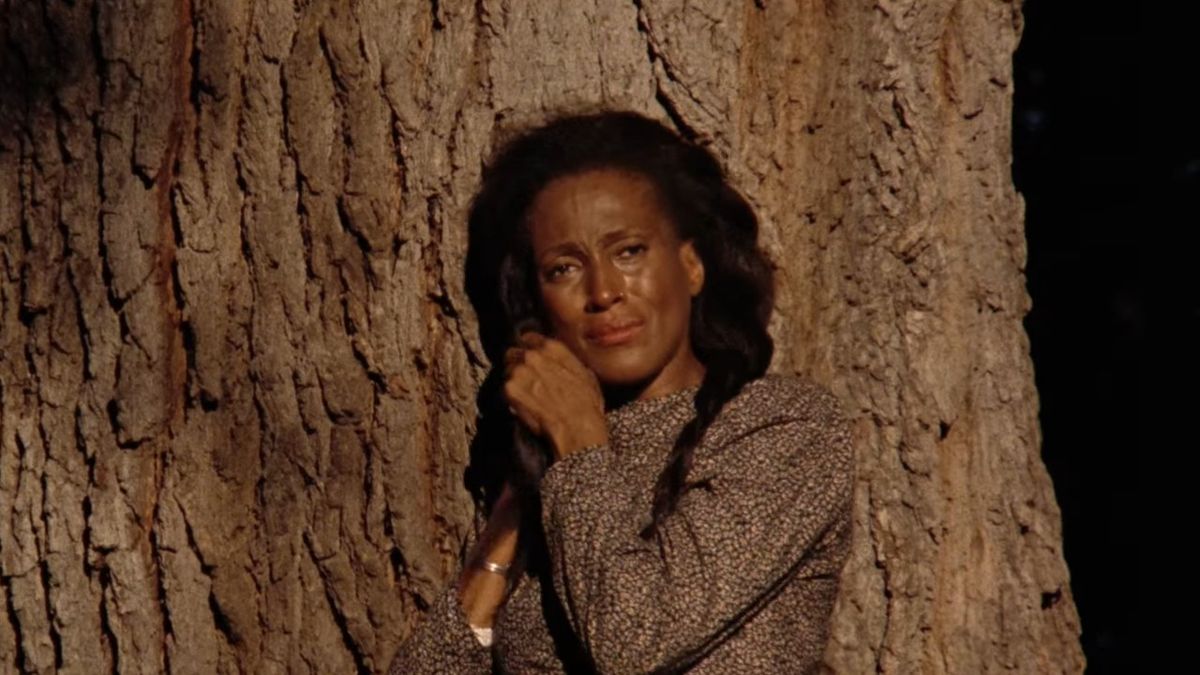
Julie Dash – Daughters of the Dust (1992)
Some directorial debuts leave impressions on generations, like the 1992 experimental movie Daughters of the Dust. With it, Julie Dash became the first Black woman to direct a theatrical release.
Before directing the classic film, Dash wrote and directed several seminal short films, including Illusions. The filmmaker drew from her father’s Gullah background and the Great Migration to develop and pen the script over several years. She has interwoven three generations of women’s stories during American upheaval in the period drama.
Telling a unique story allowed Dash to use a non-linear narrative and the Gullah dialect for beautiful direction and lush visuals. The film’s experimental nature translated to transformative performances from the union and non-union stars, including Cora Lee Day, Kaycee Moore, Alva Rogers, and Cheryl Lynn Bruce.
The movie was a critical success while getting a limited theatrical release. In the years since, it’s influenced other works, most notably Beyonce’s seminal visual album Lemonade. The film garnered Dash praise at Sundance before entering the National Film Registry in 2004.
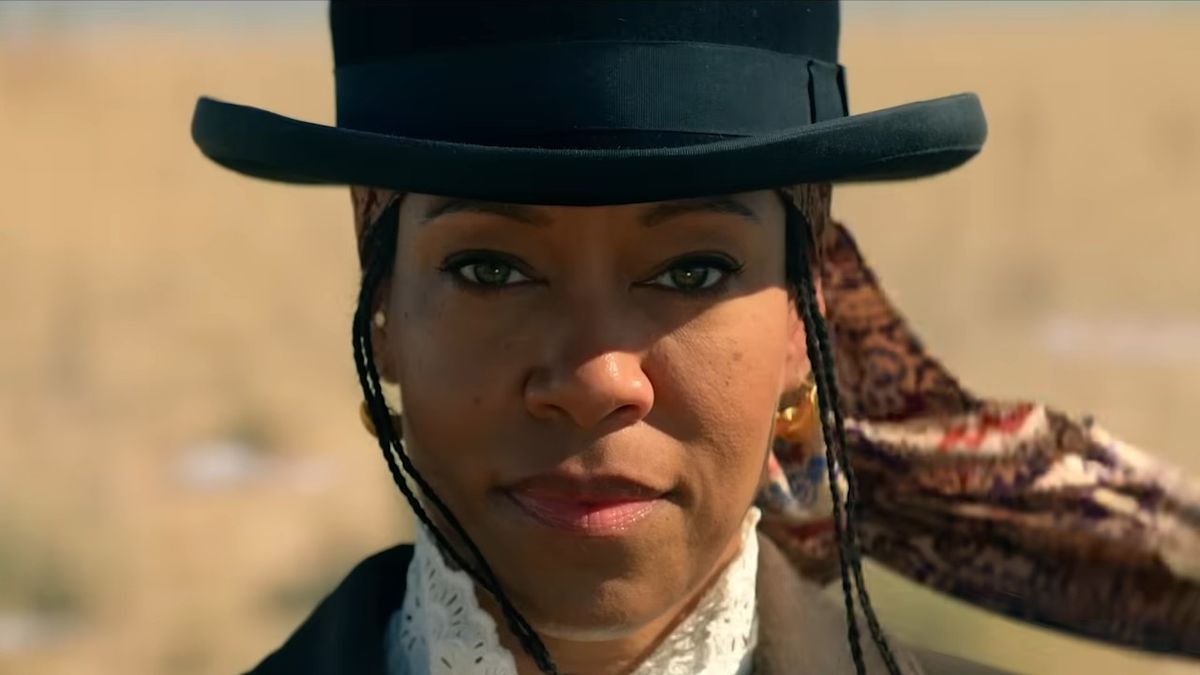
Jeymes Samuel – The Harder They Fall (2021)
Making the jump from one medium to another can be daunting for any filmmaker, but Jeymes Samuel’s The Harder They Fall proves it can be easy. The revisionist film revived the all-Black western, a first since the mid-1990s.
Before his feature debut, Samuel directed several notable short films and music videos. His years behind the camera came through in Samuels’ script with co-writer Boaz Yoakin. The script translated to Samuel transporting notable Black Western figures into a storyline filled with revenge, gunslinging, and Wild West adventures.
Samuel’s artistic background mixed old-school Western tropes with contemporary direction and styling. This approach led to brilliant direction filled with visual Easter eggs and one of the best Black movie soundtracks. His entertainment connections worked well for him in nabbing the film’s all-star cast, including Jonathan Majors, Idris Elba, Zazie Beetz, Regina King, LaKeith Stanfield, Delroy Lindo, Edi Gathegi, RJ Cyler, and Danielle Deadwyler.
The drama was a critical success while getting a limited theatrical release. However, it went straight to streaming and became a hit during the COVID-19 pandemic. The film and Samuels garnered recognition from BAFTA, NBR, NAACP Image, Critics’ Choice, and Satellite awards.
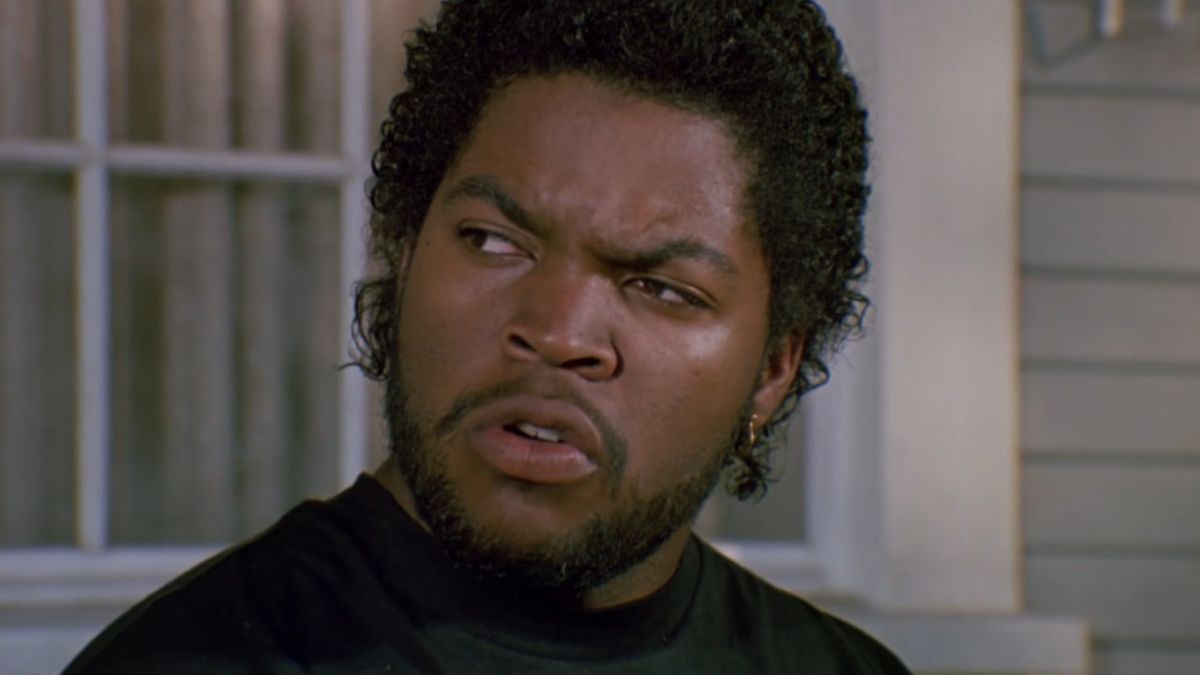
John Singleton – Boyz N the Hood (1991)
Hollywood doesn’t often give young black filmmakers the chance to shine. However, that wasn’t the case for celebrated auteur John Singleton, who made a good movie on his first try. He came out the gate swinging and elevated the hood film genre with one of the best 1990s movies, Boyz N the Hood.
Unlike other directorial debuts, Singleton was fresh out of USC Film School, where he wrote the screenplay. His Hollywood introduction drew from his South Central Los Angeles upbringing and the coming-of-age film Stand By Me. These aspects informed the crime drama, showing teen Tre Styles’ life growing up surrounded by gang culture.
Singleton’s film degree came through in his cutting-edge filmmaking, mixing sentimental stories with action-packed violence, intimacy, and honest depictions. The first-time director had Hollywood inroads after working as a TV intern with Ice Cube and Laurence Fishburne. He navigated directing seasoned and upcoming performers like Tyra Ferrell, Angela Bassett, Cuba Gooding Jr, Morris Chestnut, Regina King, and Nia Long.
Singleton’s approach worked, as the coming-of-age drama became a critical and commercial success. He secured recognition from the National Board of Review, NAACP Image Awards, and WGA. He even scored Academy Award nominations, including being the first Black person and youngest director in the Best Director race. The film cemented its importance after being inducted into the National Film Registry.
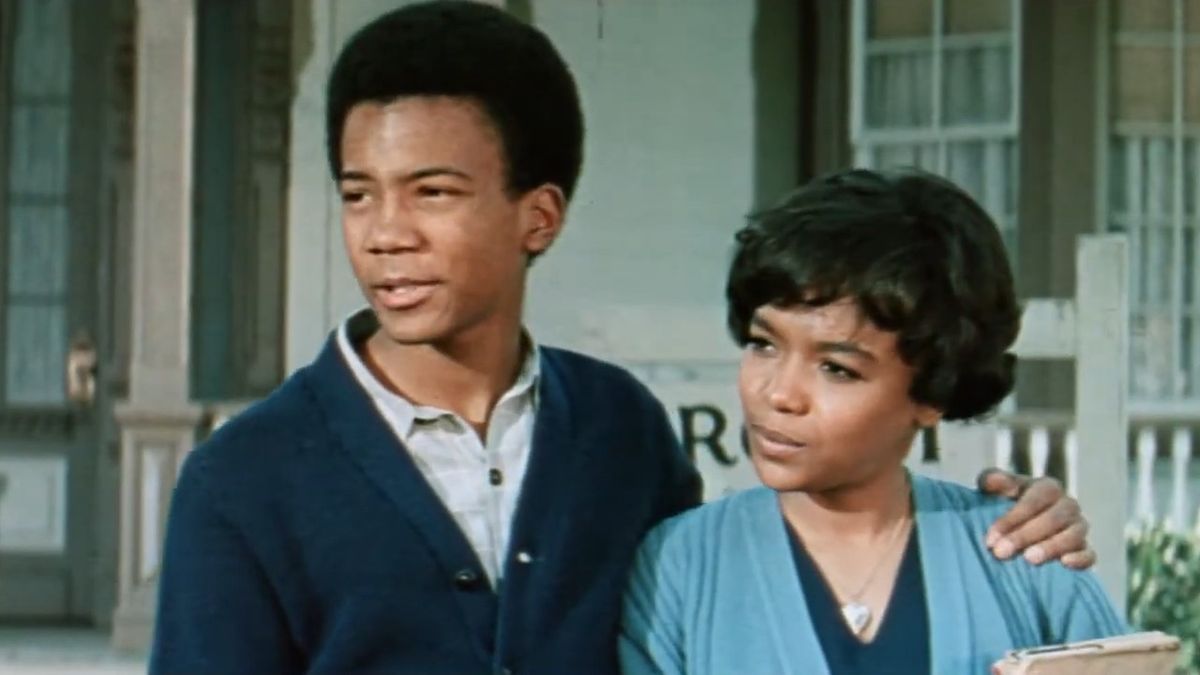
Gordon Parks – The Learning Tree (1969)
Black directors filming major studio movies wouldn’t be possible without late premier multihyphenate Gordon Parks. He became the first Black director to helm a studio production with 1969’s The Learning Tree.
Parks was already a celebrated photojournalist before branching off into different mediums. He eventually penned his semi-autobiographical novel, which became the basis for his screenplay. The multifaceted creative stayed true to the book by portraying Newt Winger’s journey into young Black manhood in 1920s Kansas.
Park’s celebrated photography career translated into the film’s beautiful, lush visuals with attentive direction. His direction and traditional structure allowed Parks to get a career breakthrough performance from Kyle Johnson with notable performances from Estelle Evans, Felix Nelson, Mira Waters, and Alex Clarke.
Park’s debut laid the foundation for future Black directors, becoming a hit with critics and audiences. The film cemented its significance in exploring race and social justice by being selected for the National Film Registry.
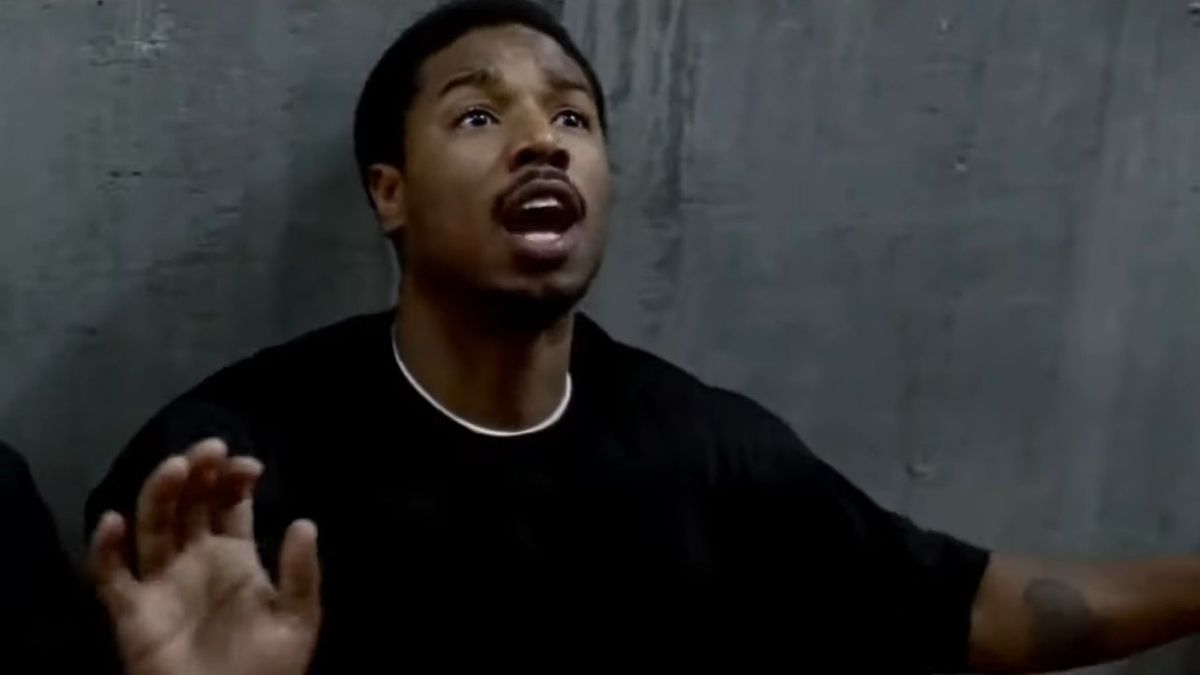
Ryan Coogler – Fruitvale Station (2013)
Young Black directors often must toil away in Hollywood for years before their big break. However, this wasn’t the case for filmmaking wunderkind Ryan Coogler. He made his feature debut with the 2013 biopic, Fruitvale Station.
Much like John Singleton, Coogler was a USC Film School student when the tragic story of Oscar Grant caught his attention. His interest in Grant’s story and connection to the slain man’s family allowed him to develop and craft the screenplay as a Sundance Screenwriters Lab participant. All the work paid off, as Coogler made a great movie that follows the ex-con on his final New Year’s Eve before his tragic 2009 murder.
Coogler’s studies came through, as he mixed amateur footage with professional film to tell Grant’s story. His edgy direction and linear storytelling allowed the Bay Area to be a character. He even got breakthrough performances out of Michael B. Jordan (in one of his best movies) and Melonie Diaz, with outstanding supporting roles from Octavia Spencer, Kevin Durand, and Chad Michael Murray.
His first film was a critical success that became a sleeper hit. The movie and the Black Panther director became Sundance and Cannes favorites before getting recognition from organizations, including NBR, Independent Spirit, and Satellite. The biopic’s message resonated with audiences, earning a Humanitas Prize.
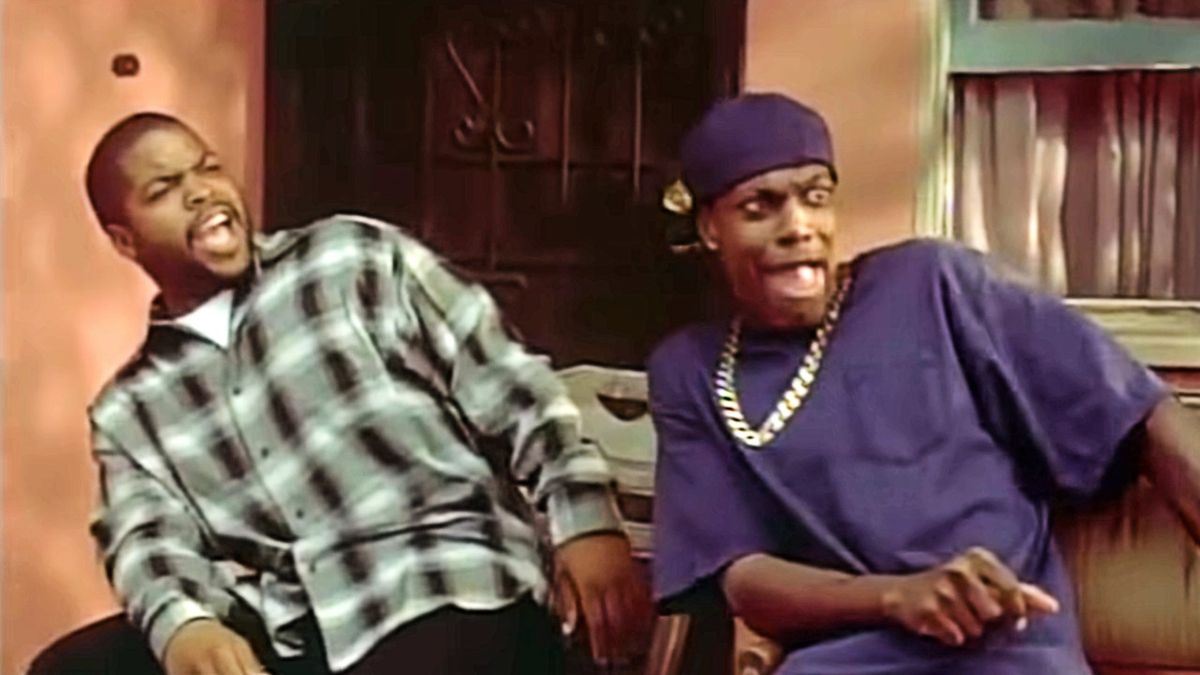
F. Gary Gray – Friday (1995)
Hopping from music videos to feature films became routine in the 1990s, with F. Gary Gray leading the charge. Gray got a chance to make his directorial debut with one of the best 1990s comedies, Friday.
As mentioned before, Gray filmed music videos for top rap stars like Ice Cube. This connection secured Gray the job. His direction and Ice Cube’s writing illustrated the daily life of Craig Jones on a Friday after getting fired, inspired by Cube and co-writer DJ Pooh’s real-life experiences.
Gray’s music video background paid off, as he incorporated techniques like fast-cutting, strange angles, and coloration. His smooth and cutting-edge style was different at the time, influencing future directors. His direction brought out the best in the cast, including Cube, John Witherspoon, Fazion Love, Paula Jai Parker, and AJ Johnson. He also got a breakout performance from Chris Tucker.
His debut feature received positive notice and became a sleeper hit. The film cornered the market on the culture of the times – a cult following, pop culture ubiquity, and internet presence – especially as a film featuring a rapper.
These outstanding directorial debuts left an impression on generations of moviegoers. Hopefully, these Black debut films and others will get more recognition outside their cult followings. Things have changed since these films arrived as more Black directors garner immediate notice for their filmmaking achievements.
There are incredible Black directorial debuts on the 2024 movie schedule. Kobi Libii’s The American Society of Magical Negroes made an interesting debut earlier this year. Zoe Kravitz got behind the camera for the acclaimed Blink Twice. Just in time for awards season, Titus Kaphar’s Exhibiting Forgiveness is garnering acclaim and Oscar buzz from Sundance before its theatrical release on October 8. Hopefully, more outstanding debuts will be coming to theaters or streaming in 2025 and beyond.

